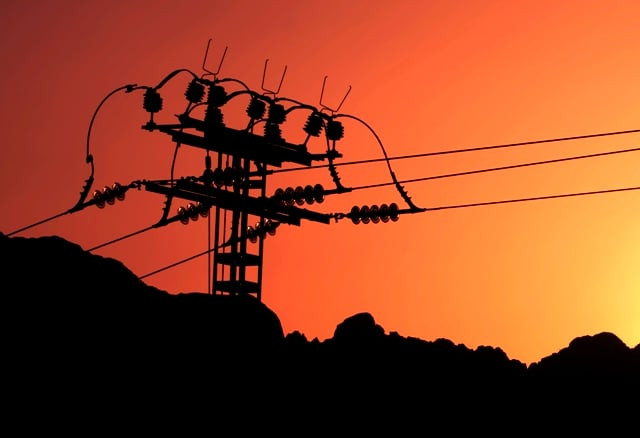Rs60b outstanding: Provinces reject recovery of power bills at source
Dispute the amount of bills, want a joint study with federal government.

Sources told The Express Tribune that the Ministry of Water and Power would likely take up the matter of recovery of power bills at source with the Council of Common Interests (CCI) to resolve the issue.
At source deduction refers to the recovery of amount from the share of provinces in the federal divisible pool.
According to a senior official of the water and power ministry, at present,`1
In an attempt to reach a settlement, provinces have proposed to the Centre to conduct a joint study to find out anomalies in the amount of power bills. However, the ministry official said the study might take a year, during which power dues of provinces would reach new highs.
Though subsidy in the agricultural sector has come to an end, provinces have yet to clear their share of subsidy. Earlier, the government was giving four types of subsidy to the agricultural sector including Rs25 per unit under prime minister’s directive and another Rs1.25 per unit shared equally by the Centre and provinces. The third type of subsidy was paid by the Water and Power Development Authority (Wapda) at the rate of Rs0.77 per unit. And fourth, industrial, commercial and domestic consumers paid the subsidy for agricultural tube wells. “The first three types of subsidy have been abolished, but the cross-subsidy is still in place,” the official said.
He said power companies faced a major hurdle in billing in Balochistan where power metres had not been installed on tube wells. The companies recover an estimated amount from farmers there.
In Khyber-Pakhtunkhwa, courts have granted stay orders against increase in power tariff. In the meantime, power dues have piled up and the provincial government wants the Centre to deduct the amount from its share of profit in hydropower generation in the province. However, the official said, “it is difficult to deduct the amount as the Centre and the province have still not agreed on a formula for sharing of hydropower profit.”
In a meeting of the Economic Coordination Committee (ECC) on January 20, it was disclosed that the Central Power Purchasing Agency (CPPA) had to pay Rs404.44 billion to oil and gas suppliers and power producers. As a result, the ECC gave approval to taking loans of Rs160 billion from commercial banks to reduce the circular debt. Later, a swap deal was finalised for Rs151 billion.
Adding to the energy woes, “influential defaulters”, who had to pay Rs98 billion dues in December 2011, are getting electricity without any interruption. This amount stood at Rs80 billion in September 2011 and rose to Rs98 billion in December.
High transmission and distribution losses of power distribution companies have also compounded the problems. These losses stand at an average of 24 per cent compared to internationally accepted level of 12 per cent.
However, the ministry official stressed that the government was working on a plan to reduce line losses by 1 to 1.5 per cent every year, which would save around Rs7 billion per annum.
Published in The Express Tribune, March 3rd, 2012.


















COMMENTS
Comments are moderated and generally will be posted if they are on-topic and not abusive.
For more information, please see our Comments FAQ